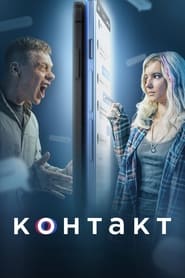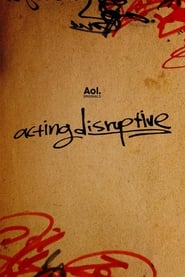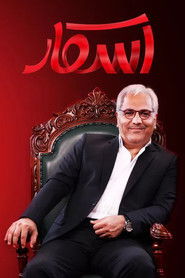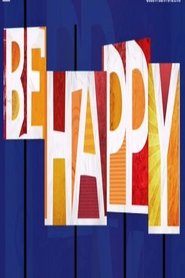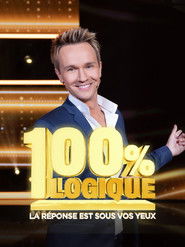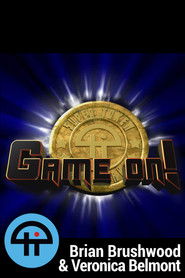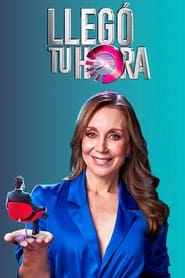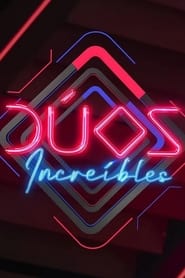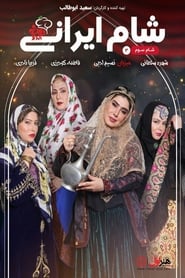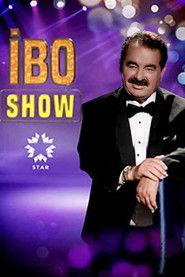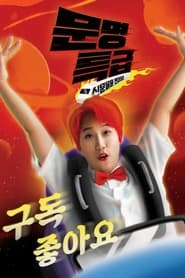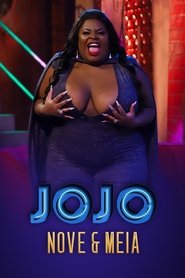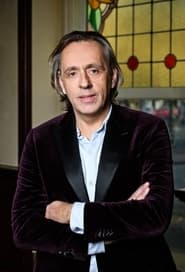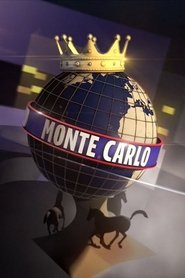Talk TV Series - Page 79
-
Hit auf Hit
2000
Hit auf Hit
2000
-
Contact
2021
Contact
2021
star 7.8A story about a juvenile inspector who was left by his wife and now is raising a teenage daughter alone. In order to establish a better relationship with her, he decides to stalk her using a social media account that actually belongs to a young man he has been working with. This ‘fathers and sons’ story about today’s teenagers and the midlife crisis. -
Acting Disruptive
2013
Acting Disruptive
2013
star 5'Acting Disruptive' takes viewers inside the businesses and passion projects of Hollywood's top celebrities. Follow host Max Lugavere as he sits down with notable stars and goes behind the scenes of each business, giving fans an all-access look into innovative companies and the famous faces behind them. -
Oscar
2024
Oscar
2024
In this program, each person tries to complete his challenge in the most creative way possible and the competition will be for the Oscar statuette. Each guest will receive points from the main presenter of the program based on how they perform their challenge, and based on the points received, the winner of the Oscar statuette will be determined. Also, the guest who receives the least points will assume a social responsibility. -
Be happy
2018
Be happy
2018
star 6Paola Minaccioni and Marco Presta together for an appointment with lightness and irony, to take life with "happiness". "Be Happy" is the daily encounter with intelligent fun and satire on our daily behaviors. -
100 % logique : La réponse est sous vos yeux
2022
star 4French adaptation of the British quiz show where contestants try to answer a question that only 1% of the country can get right. -
Game On!
2012
Game On!
2012
Veronica Belmont & Brian Brushwood can't live without video games. They'd literally die. TWiT's first video game show, Game On, fixes this. They are sustained by playing games and then gleefully bringing you news, reviews, and commentary about console and PC games that you'll get nowhere else. Please watch Game On, it's a matter of life and death. -
VE Day 80
2025
VE Day 80
2025
star 7Eighty years on from the announcement that brought joy and relief to the nation, join in with moments of remembrance from across the UK to pay tribute to the heroes of the past. -
Llegó tu hora
2018
Llegó tu hora
2018
star 2Public figures answer tough questions, placing themselves on the center of the stage, surrounded by a group of panelists and interviewers, simulating a clock. -
Dúos Increíbles
2022
-
Iranian Dinner 3
2024
Iranian Dinner 3
2024
star 6Synopsis: In this program, actors and well-known figures in groups of four invite their friends to their homes for dinner and a friendly gathering. The host tries to surprise his guests by performing a special program or inviting another guest. At the end of each night, guests give points to their host for dinner and reception. At the end of four nights, one person will be chosen as the best host... -
İbo Show
2020
-
Jojo Nove e Meia
2021
-
Media Inside
2021
-
Live Talk
2000
Live Talk
2000
-
RHS Chelsea Flower Show
0000
star 6.8The RHS Chelsea Flower Show, formally known as the Great Spring Show, is a garden show held for five days in May by the Royal Horticultural Society (RHS) in the grounds of the Royal Hospital Chelsea in Chelsea, London. Held at Chelsea since 1912, it is the most famous flower and landscape gardens show in the United Kingdom, and perhaps in the world. The show is attended by members of the British Royal Family and attracts visitors from all continents. Highlights to the Chelsea Flower Show include the avant-garde show gardens designed by leading names with Floral Marquee at the centrepiece. The Show also features smaller gardens such as the Artisan and Urban Gardens. -
Monte Carlo
2014
Monte Carlo
2014

